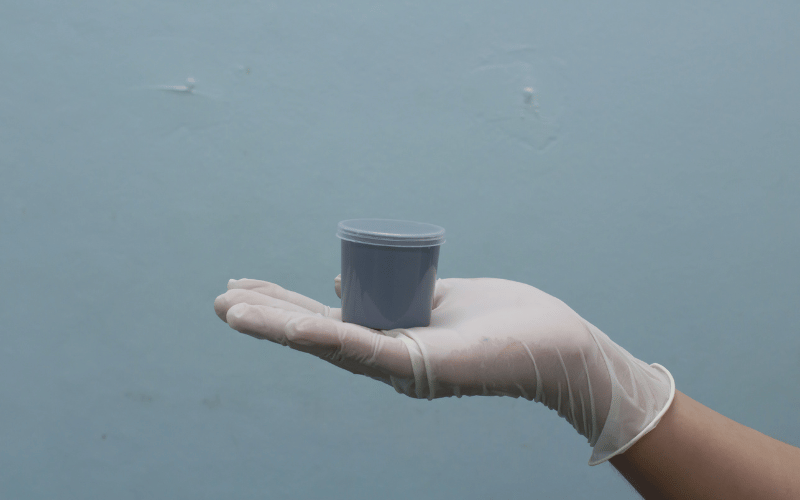6. Dark Stools: The Understated Symptom of Alarm

Most of us don’t regularly scrutinize our stools, but in the context of Peptic Ulcer Disease, it’s a habit that can save lives. Specifically, unusually dark or tar-like stools can signal internal bleeding, one of the severe complications of PUD. This is no ordinary stomach trouble; we’re talking about a warning sign that can potentially lead to significant health risks.
The darkening of the stool comes from the digestive process breaking down the blood leaked from the ulcer. Hemoglobin, the oxygen-carrying molecule in blood, turns into a black, tar-like substance known as melena. It can be a bit unnerving to witness, but the implications are even more unsettling. Essentially, if you’re experiencing this symptom, you’re already in a stage of PUD that necessitates immediate action.
From a chemistry perspective, the breakdown of blood in the digestive system is a fascinating process. The human body is incredibly adept at recycling, and when blood is introduced into the GI tract, the body goes to work breaking it down into its component parts. What emerges on the other end bears little resemblance to blood, making it easy to overlook the significance of this symptom.
Beyond the physical changes, there’s an emotional and psychological layer to this symptom. Once you notice dark stools, the urgency to seek treatment becomes undeniable. It’s a wake-up call, and for many, it’s the symptom that finally drives them to get help. It overrides the tendency we all have to normalize or downplay our symptoms, sweeping away any remnants of denial.
However, it’s worth mentioning that not all dark stools are indicative of Peptic Ulcer Disease. Various medications and even certain foods can temporarily darken stool. Yet the difference lies in the persistence and additional symptoms that accompany PUD. Melena often appears alongside other symptoms and carries a distinct, unpleasant odor. While an isolated incident of dark stools may not be cause for immediate alarm, persistent dark stools in the context of other PUD symptoms should never be ignored. (6)